Companies with diverse, inclusive workplaces perform better. Their employees are more engaged and more productive. Workplace expert Alissa Carpenter explains how to improve your firm’s inclusivity. Her practical, applicable advice on handling challenging conversations, turning differences into strengths and overcoming bias is relevant to any manager. While some points may seem obvious – such as seeking opportunities to interact with your colleagues in person – they are also poignant reminders about the value of personal connection and perhaps about the potential of the hybrid in-and-out of the office model.
Diverse workforces benefit from a range of individual strengths.
To increase your team members’ motivation, productivity and engagement, identify their individual strengths.Recognize that people think and work differently, so resist the temptation to classify certain ways of working as good or bad. View them as neutral traits.
Identifying your own strengths requires introspection. Consider how you act and react to certain situations. Ask your colleagues for their feedback, since they may have other perspectives to share, depending on how closely you collaborate.
To identify your co-workers’ or team members’ strengths, observe how they approach certain tasks. Minor behaviors can reveal strengths: The co-worker who insists on clear deadlines and always makes careful lists could help a team stay on track thanks to his or her organizational skills. Informal behavior also provides clues. For example, when you interact socially with new hires, you can observe their strengths developing over time.
Psychometric or other analytical tests may provide further guidance and a shared language. Commonly used methodologies include CliftonStrengths...










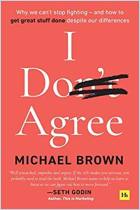
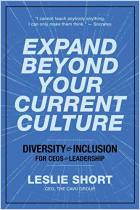
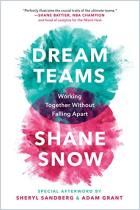
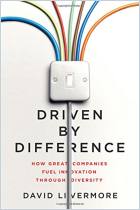
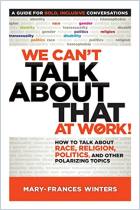
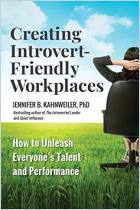









Comment on this summary or 开始讨论